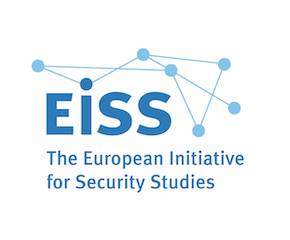Speaker
Description
The aim of this study is to elucidate how populist beliefs among the German and Dutch publics relate to their attitudes towards nuclear sharing and use. Extant work on the link between populism and nuclear attitudes has primarily focused on nuclear weapons states, as opposed to nuclear sharing states; and primarily on leaders rather than publics. Combining this work with the existing work on populism and foreign policy leads to the emergence of two competing hypotheses. On the one hand, populist voters exhibit higher hawkishness compared to other citizens and may therefore be more inclined to support nuclear sharing and use. On the other hand, the people-centric and sovereigntist dimensions of populism may lead to decreased support for nuclear sharing. In addition, the anti-elitist dimension of populism may feed into the untransparent and undemocratic nature of the nuclear sharing arrangements, further bolstering opposition towards them. We leverage an original dataset resulting from a survey on German and Dutch respondents fielded in June 2022 to provide evidence for these dynamics. Moreover, relying on an earlier wave of the two-wave panel design (in September 2020), we shed light on whether populist beliefs correlate with an increased willingness to use nuclear weapons since the start of Russia’s war in Ukraine. To our knowledge, this study is the first to report on the link between populism and nuclear mass attitudes in non-nuclear weapons states, while retaining high policy relevance given the nature of the two nations at hand. Given the study’s design, it is not possible to temporally predict nuclear attitudes with populist beliefs, which future research might consider studying.
| What discipline or branch of humanities or social sciences do you identify yourself with? | Communication, Political Science, Public Administration, Sociology |
|---|---|
| If you are submitting an Open Panel proposal, have you included all four abstracts in attachment? | No, I am submitting a Closed Panel abstract |
| Are you a PhD student or early-career researcher? | Yes |

